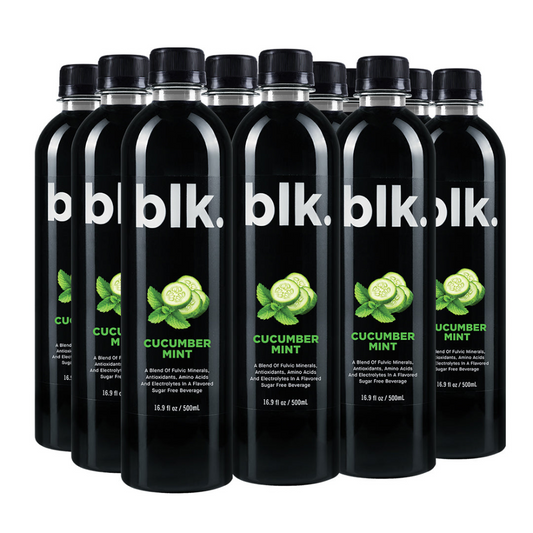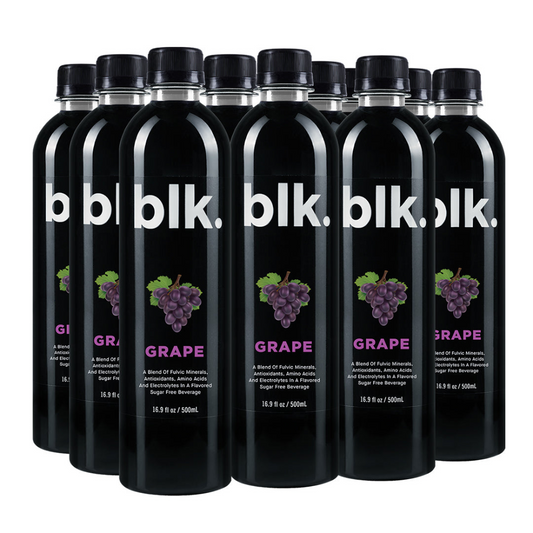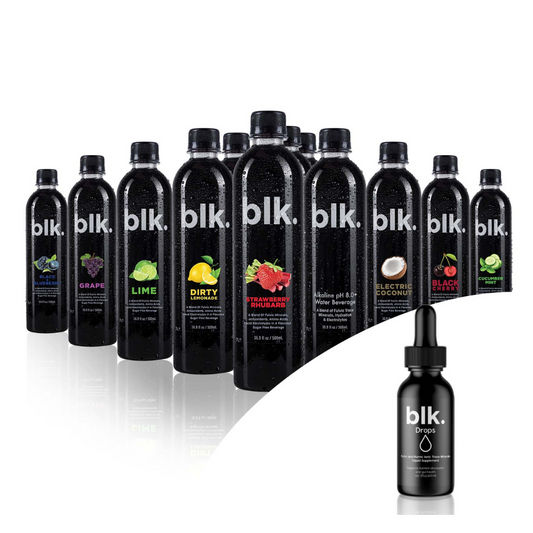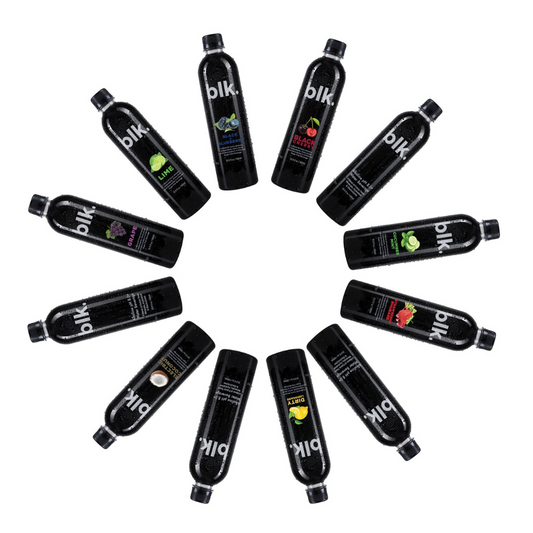
The Power of Whey Protein and Goal Setting for Fitness Results
This Article Seeks to Guide on:
- What whey protein is and how it can be crucial in fitness goals.
- What is goal setting, and why is it vital in your fitness journey
- How to incorporate whey into your fitness routine.
- What a nutritional plan is and why it is essential in fitness goals.
Goal setting for physical and mental fitness needs Specific, Measurable, Achievable, Relevant, and Time-bound (S.M.A.R.T) commitment. Be it weight loss, improved cardiovascular health, stress reduction, or better sleep quality, the purpose of fitness goal setting need a clear roadmap that helps athletes, gym goers, and fitness buffs stay focused, consistent, and motivated to make positive changes in their lifestyle. Nutrition plays a crucial role in achieving success through goal setting. Given its unique qualities, whey protein has proved to be one of the most effective supplements for various fitness goals.
Whey protein is particularly known for promoting muscle growth, faster recovery, assisting in weight loss, and improving performance in endurance training. However, many people are still oblivious to how whey protein can be helpful in fitness goals. You will achieve your fitness goals faster with a combination of whey protein as your preferred supplement and correct goal setting. So, let's explore the power of whey protein and how proper conjunction with your goal plan can help you gain optimal fitness results.
What is Whey Protein, and How Does it Benefit the Body?
Whey protein is a type of protein—alongside casein— found in milk and extracted during cheese-making when the curd is separated from the milk. It has all nine essential amino acids and is considered a complete protein source.
Whey protein is essential in muscle growth and recovery. Proteins are the building blocks of our bodies and are responsible for muscle cell growth and repairing torn muscles after strenuous workouts. Whey protein is also helpful in weight loss. How? Our digestive system usually takes more extended hours to digest whey protein. A longer digestive period means it keeps you full most of the time. It lowers your appetite, thereby reducing your calorie intake and ultimately leading to a reduction in weight. All these potential benefits from whey protein depend on careful planning and sticking to your fitness goals.
How to Set Specific, Measurable Achievable, Realistic, and Time-Bound Fitness Goals
If you set general and unrealistic goals, you only set yourself up for failure. The opposite is true; achievable goals mean greater chances of success. But how exactly do you come up with achievable goals? How do you know what's doable and what's not? Well, here are some tips on how to set achievable goals.
Personalize Your Goals
We are all built differently and have differing capabilities in various aspects of life. This is where specificity comes in. When it comes to fitness goals, there is no one-size-fits-all. Know your inner capabilities and find what works best for you. Choose fitness workouts that you actually enjoy. Switch up your workout routine with your favorite playlist. As simple as it sounds, it does much more than you can imagine. The workout should be something you look forward to.
Baby Stepd Work Each Goal at a Time
Set small measurable goals that you can work on. That way, you won't be overwhelmed by too many things you need to accomplish. Starting with small and manageable goals will help you achieve more by removing mental stumbling blocks. Setting big goals at the beginning can frustrate you once you fail. That does not mean you limit yourself to your target. Small steps at a time eventually lead to monumental achievements. Don’t forget a journey starts with the first baby step.
Patience is Key
Fitness goals like gaining or losing weight cannot be achieved after a period of time. Setting time-bound goals is easy, but attaining results in fitness can be much more demanding. You might want to lose 10 pounds within the first few weeks, but doing so may be much more complex. Even if you see no significant improvement, always keep on trying. Do not give up easily. Always remember that good things take time, and it will be more gratifying when you finally accomplish your goal. Always think of the long-term benefits.
Know Your Limits
By all means, do not overdo it. Rest when you need to. It's not wrong to sit down and restrategize on your goals when you realize it's too difficult. Pay attention to what your body tells you to avoid inflicting harm that will set you back from your goals.
How Whey Protein Can Help You Achieve Your Fitness Goals
As mentioned earlier, whey protein has potential benefits that could assist you in your fitness journey. Here are some of the ways.
How Whey Protein Can Help You Build Muscle Mass
Although you can gain muscle mass on a natural diet, whey protein is still an excellent way to gain muscle mass faster because of its high protein concentration compared to a natural diet. Whey protein is a complete protein that has all nine essential amino acids. Leucine—one of the essential amino acids—is found abundantly in whey protein. Leucine is the amino acid that plays a massive role in promoting muscle growth through muscle protein synthesis. Leucine triggers muscle growth by activating complex muscle-building pathways. A study has shown that whey protein is more effective in muscle building than soy and casein. That is why it is trendy among athletes and bodybuilders.
How Whey Protein Can Help You Lose Weight
Losing weight is no easy task and can be frustrating when no significant improvement is seen after some time. Whey protein can help you lose weight in two ways. First, whey protein is known for boosting your body's metabolism. By boosting your metabolism, your body can burn more calories and fat. Protein is also digested slower and takes more time in the stomach. It keeps you full for a long time and therefore reduces your appetite. Combining whey protein, targeted exercises, and proper meal planning can yield better weight loss results.
How Whey Protein Can Help You Recover Faster After a Workout
After intensive exercises, our muscle fibers are usually damaged, which may cause muscle soreness. Muscle soreness causes discomfort and may affect the performance of an athlete. That is why they need to recover faster; whey protein may be the solution. The amino acids in whey protein play a role in muscle building and repair. The muscles torn in the exercises are repaired faster through muscle protein synthesis.
How to Incorporate Whey Protein into Your Fitness Plan
One of the advantages of whey protein is that you can easily incorporate it into your meals at any time of the day. You can take it as a protein shake for your post-workout recovery, as pancakes by substituting part of the flour, adding it to your stews, and many others. The options are limitless.
How Much Whey Protein Should You Consume Per Day to Reach Your Fitness Goals?
The quantity of protein to take varies from person to person and may depend on factors such as the type of whey protein and the protein needs. You may already have a diet that is already rich in protein; hence too much of it is unnecessary.
Most manufacturers recommend the dosage for their products, usually measured in scoops. One or two scoops(25-50 grams) are enough after a day's workout.
How to Use Whey Protein as a Meal Replacement
A meal replacement, just as its name suggests, replaces a meal. Meal replacements are specifically meant for weight loss. One characteristic of a meal replacement is its low calories, and whey protein is a perfect candidate for this. However, when using whey protein, it is more practical to take it as a protein shake. Besides protein, protein shake contains other macronutrients like vitamins, fats, and carbs; therefore, your body won't miss out on other essential nutrients. But, you should be careful that your protein shake does not have a lot of carbs and fat because it would reverse the gains made in your weight loss journey.
How to Use Whey Protein as a Pre-Workout and Post-Workout Recovery Drink?
Again, whey protein as a protein shake is the easiest way. As simple as adding whey protein to water or milk, shake, and you are good to go!
How to Choose the Best Whey Protein for Your Fitness Goals
There are many whey protein products, some high quality, and others(“we can only refer to as knockoffs and not worth spending your dime on”). There are also some which may not be the best choice for you although they are quality products. Dietary restrictions are also a limitation for some people. Here are some answers that can help you narrow down your choices.
How to Know if a Whey Protein Product is a High-quality
First and foremost, a product is as good as its brand. Go for reputable brands that have been tested and approved by third parties and have positive customer reviews. Don't compromise quality with price. Although a cheap product does not necessarily indicate ingenuine products, it is important always to think twice when the deal is too good.
How to Find the Best Whey Protein
"Best" here is subjective. What may be "best" for another person may not be good enough or beneficial for you. Here are some considerations.
Fitness Goals
As we have just seen, whey protein can be helpful in muscle building and recovery, and weight loss. You should opt for products with higher protein percentages for muscle building and recovery. For weight loss, choose whey protein without added sugars and artificial sweeteners. They may increase your cravings for sugar and carbs.
Dietary restriction
If you are a vegan or have allergies to dairy products, whey protein is not the best for you because milk produces whey protein.
Medical conditions
If you have any underlying medical conditions like high blood pressure, cardiovascular disease, or even kidney stones, you should consult your healthcare provider before trying out any product. If you have diabetes, you should avoid products with added sugar; for shakes, go for those low in carbohydrates.
How to Stay Motivated and on Track
Starting your fitness goals is rarely a significant issue for most people. The difficult task is sticking to your fitness routine. You need to be continuously motivated to stick to your fitness goals. Some of the things that can get you inspired include;
- Join a community that has the same fitness goals as you.
- Reward yourself after accomplishing small goals. It can assist you in getting committed in the long run. Buy yourself a sneaker, a handbag, or a watch. Just anything that you like.
- Keep track of your progress using any gadget, dairy or app and evaluate it timely, but remember not to focus too much on the negative results.
- If you experience a setback, start again with small steps and gradually progress back to your previous levels.
The Role of Nutrition in Goal Setting
Nutritional planning is a facet that is just as important as workouts in fitness. With proper nutritional planning, one can avoid reversing all gains from exercise. Even though whey protein is an excellent boost for your protein intake, it is deficient in other macronutrients like fats, vitamins, and carbohydrates. Carbohydrates fuel you with the energy to take on your exercises. A nutritional plan, for example, would help you decide what type of food you should take with whey protein supplements; that is, food rich in other micronutrients rather than stuffing your body with protein alone.
Conclusion
In conclusion, whey protein supplements your fitness goals, including muscle growth, recovery, and weight loss. However, exercises and meal planning are part and parcel of a successful fitness result. That is why goal setting is important; to help you start and stick to your fitness routine. There are different whey protein powder supplements, each with its unique qualities, flavors, textures, and potency. You should always research more on whey protein to find one that best suits you.
Frequently Asked Questions
-
How much whey protein should I consume per day?
-
Can whey protein be taken before a workout?
-
How long does it take for whey protein to work?
-
Can I mix whey protein with other supplements?
-
Can I use whey protein as a meal replacement?
-
Can I use whey protein if I am lactose intolerant?




